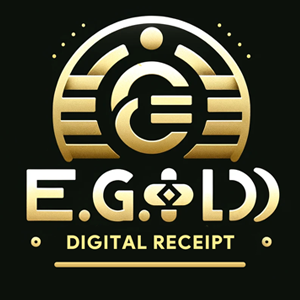Table of Contents
- Reasons to Invest in Gold Using Cryptocurrency
- Advantages of Using Cryptocurrency for Gold Transactions
- Understanding Blockchain Security in Gold Purchases
- How to Choose a Secure Platform for Buying Gold with Crypto
- Top Cryptocurrencies for Purchasing Gold
- Tokenized Gold: Revolutionizing Precious Metal Investments
- Step-by-Step Guide to Safely Buying Gold with Cryptocurrency
- The Role of Smart Contracts in Secure Gold Transactions
- Identifying and Avoiding Common Scams in Crypto Gold Purchases
- Physical Gold vs. Digital Gold Ownership: A Comparative Analysis
- Regulatory Considerations for Buying Gold with Cryptocurrency
- Best Practices for Storing Gold Purchased with Cryptocurrency
- Why Secure Transactions Are Critical in Gold Investments
- Real-World Examples of Successful Gold Purchases Using Cryptocurrency
- The Future of Gold Investments in the Cryptocurrency Era
- Frequently Asked Questions About Safe Gold Purchases with Cryptocurrency
Reasons to Invest in Gold Using Cryptocurrency
Gold is a timeless investment, valued for its stability and as a hedge against inflation. Pairing this classic asset with cryptocurrency creates a modern investment strategy that combines security, speed, and global accessibility. Cryptocurrency enables direct transactions without intermediaries, making the process faster and often more affordable than traditional methods.
Advantages of Using Cryptocurrency for Gold Transactions
Using cryptocurrency to purchase gold offers several advantages. Blockchain technology ensures transparency, immutability, and security for every transaction. It eliminates the need for banks or payment processors, reducing costs and making the process borderless. Additionally, cryptocurrencies like Bitcoin, Ethereum, and Solana allow investors to diversify their portfolios while taking advantage of both digital and tangible assets.
Understanding Blockchain Security in Gold Purchases
Blockchain technology underpins cryptocurrencies and provides a secure infrastructure for gold transactions. Each transaction is encrypted and recorded on a decentralized ledger, making it nearly impossible to alter or tamper with. This transparency ensures buyers can verify the legitimacy of their gold purchases. The addition of private keys further secures funds, allowing only authorized users to access their assets.
How to Choose a Secure Platform for Buying Gold with Crypto
Not all platforms are created equal, so selecting a secure and reputable provider is essential. Look for platforms with strong encryption, two-factor authentication, and a proven track record of safeguarding client transactions. Companies like BullionStar, APMEX, and Bitgild are known for facilitating secure crypto-gold transactions while offering physical delivery or secure storage options.
Top Cryptocurrencies for Purchasing Gold
Bitcoin is the most widely accepted cryptocurrency for gold purchases due to its popularity and reliability. Ethereum is another common choice, valued for its smart contract capabilities. Solana, with its low transaction fees and rapid processing times, is becoming increasingly popular. Stablecoins like USDT and USDC are also favored for their price stability, reducing the impact of crypto market volatility.
Tokenized Gold: Revolutionizing Precious Metal Investments
Tokenized gold represents physical gold on a blockchain, allowing investors to trade it digitally while retaining ownership of the underlying metal. Each token corresponds to a specific amount of gold, which is securely stored in a vault. Tokenized gold simplifies ownership and trading, offering a blend of gold’s stability with cryptocurrency’s accessibility.
Step-by-Step Guide to Safely Buying Gold with Cryptocurrency
- Research and choose a reputable platform for your purchase.
- Verify that the platform supports your preferred cryptocurrency.
- Set up a secure wallet to store your crypto and connect it to the platform.
- Complete identity verification if required.
- Place your order for gold, selecting physical delivery or secure storage options.
- Confirm the transaction on the blockchain and store your receipt for future reference.
The Role of Smart Contracts in Secure Gold Transactions
Smart contracts are self-executing agreements on the blockchain that ensure secure and transparent transactions. When purchasing gold, these contracts can automate processes like payment transfers and delivery confirmations, reducing the risk of human error or fraud. Platforms utilizing smart contracts provide an extra layer of security for buyers and sellers.
Identifying and Avoiding Common Scams in Crypto Gold Purchases
Scams targeting crypto-based gold purchases are a concern. Be cautious of platforms promising unrealistically low prices or high returns. Always verify the legitimacy of the seller and ensure their website uses secure HTTPS connections. Use multi-signature wallets and avoid sharing private keys. Research customer reviews and ratings before committing to a transaction.
Physical Gold vs. Digital Gold Ownership: A Comparative Analysis
Physical gold, whether in the form of bars or coins, offers tangible security and can be stored privately. However, it involves storage and insurance costs. Digital gold, on the other hand, eliminates these challenges but relies on the security of the platform or blockchain. Both options have unique advantages, and combining them can provide a balanced investment approach.
Regulatory Considerations for Buying Gold with Cryptocurrency
Cryptocurrency regulations vary by region, and it's crucial to understand the rules in your jurisdiction. Platforms often adhere to know-your-customer (KYC) and anti-money laundering (AML) policies to ensure compliance. Familiarize yourself with tax implications and reporting requirements to avoid legal issues.
Best Practices for Storing Gold Purchased with Cryptocurrency
Once you’ve purchased gold with cryptocurrency, decide on a storage method. Many platforms offer secure vault storage with insurance options, while others provide physical delivery. If storing gold at home, invest in a high-quality safe and consider insuring your investment. For tokenized gold, store it in a secure digital wallet with strong encryption.
Why Secure Transactions Are Critical in Gold Investments
Gold investments often involve high-value transactions, making security paramount. Blockchain technology mitigates risks like payment fraud and unauthorized access. Platforms that prioritize secure payment gateways and user authentication protect investors from potential losses and build trust in the crypto-gold ecosystem.
Real-Life Examples of Safe Gold Transactions with Crypto
A tech entrepreneur in Singapore recently used Bitcoin to purchase gold as a hedge against inflation, citing the transaction’s speed and transparency. Similarly, a European investor leveraged Ethereum to buy tokenized gold, benefiting from the platform’s built-in smart contracts. These examples highlight the practical and secure application of cryptocurrency in precious metal trading.
The Future of Gold and Cryptocurrency Integration
As blockchain technology evolves, the integration of gold and cryptocurrency is expected to grow. Innovations like decentralized gold trading platforms and enhanced tracking systems for gold’s supply chain are on the horizon. These advancements will further improve security, transparency, and accessibility for investors, solidifying cryptocurrency's role in the gold market.
FAQs About Secure Gold Purchases with Cryptocurrency
What makes cryptocurrency secure for buying gold?
Cryptocurrency transactions are encrypted and recorded on a decentralized blockchain, ensuring transparency and security.Which cryptocurrencies are best for gold purchases?
Bitcoin, Ethereum, Solana, and stablecoins like USDT and USDC are commonly used for gold transactions.What is tokenized gold?
Tokenized gold represents ownership of physical gold on a blockchain, allowing for easy digital trading.How can I avoid scams when buying gold with cryptocurrency?
Use reputable platforms, verify sellers, and avoid sharing private keys. Always research customer reviews before purchasing.Can I store gold after purchasing it with cryptocurrency?
Yes, you can choose between physical delivery, secure vault storage, or digital wallets for tokenized gold.Are there regulations for buying gold with cryptocurrency?
Yes, regulations vary by region, and many platforms require KYC and AML compliance.Is it possible to use Solana for secure gold purchases?
Absolutely, Solana offers fast and cost-effective transactions, making it a reliable option for gold investments.What role do smart contracts play in gold transactions?
Smart contracts automate and secure transactions, reducing risks and ensuring transparency.Why are cryptocurrencies favored for gold purchases?
They offer speed, low fees, and the ability to transact globally without intermediaries.What is the future of gold and cryptocurrency integration?
Blockchain advancements will enhance security, transparency, and accessibility, further integrating gold and cryptocurrency markets.
The Advantages of Combining Gold and Cryptocurrency in Investments
Gold and cryptocurrency may seem like an unlikely pair, but together they create a powerful investment strategy. Gold is known for its stability, providing a hedge against economic downturns and inflation. Cryptocurrencies, on the other hand, offer high growth potential and revolutionary technology. By combining these two assets, investors can balance their portfolios with a mix of traditional and modern financial instruments.
Cryptocurrency allows for faster, more cost-effective transactions when purchasing gold, eliminating the delays and fees associated with traditional banking systems. Additionally, using blockchain technology ensures transparent and secure processes, giving investors peace of mind when making high-value transactions. This combination provides a unique opportunity to diversify while leveraging the strengths of both assets.
How Blockchain Technology Increases Trust in Gold Markets
Blockchain technology is revolutionizing the gold market by offering unprecedented levels of transparency and security. Each transaction is recorded on an immutable public ledger, enabling buyers to verify the authenticity and source of their gold. This eliminates the risks of counterfeit gold or fraudulent intermediaries, common concerns in traditional gold trading.
Platforms using blockchain can also provide detailed information about the gold’s origin, ensuring ethical and sustainable sourcing. For example, tokenized gold transactions on the blockchain can show where and how the gold was mined, making it easier for buyers to support environmentally responsible practices.
This transparency is particularly valuable for investors who want to ensure that their purchases align with ethical standards while minimizing risks.
The Role of Stablecoins in Gold Purchases
Stablecoins like USDT and USDC play an important role in facilitating secure and seamless gold purchases. Unlike traditional cryptocurrencies, which can be highly volatile, stablecoins are pegged to fiat currencies like the US dollar, providing price stability. This makes them an ideal choice for high-value transactions such as buying gold, where price consistency is critical.
Using stablecoins to buy gold eliminates concerns about fluctuations during the transaction process. For instance, if you agree to buy gold worth $10,000, the value of your payment in stablecoins remains consistent from initiation to completion. This stability is especially important when dealing with platforms that require multiple confirmation steps.
How Cryptocurrency Enables Cross-Border Gold Trading
One of the most significant advantages of using cryptocurrency for gold purchases is its ability to facilitate cross-border transactions seamlessly. Traditional international payments often involve high fees, currency conversion charges, and delays. Cryptocurrencies bypass these challenges, enabling direct peer-to-peer transactions regardless of location.
This global accessibility opens up opportunities for investors in regions where gold trading platforms might be limited or unavailable. By using cryptocurrency, buyers can access platforms worldwide, purchasing gold at competitive prices without worrying about intermediaries or exchange rate fluctuations.
Why Education is Crucial for Crypto-Based Gold Purchases
While cryptocurrency offers numerous benefits for gold purchases, education is key to ensuring a secure and successful transaction. Understanding how blockchain works, choosing the right wallets, and identifying reputable platforms are critical steps. Without this knowledge, buyers may be vulnerable to scams or operational errors.
Many platforms now provide resources, tutorials, and customer support to help users navigate the process. Taking the time to educate yourself can make a significant difference in avoiding pitfalls and maximizing the benefits of using cryptocurrency for gold investments.
The Impact of DeFi on Gold Investments
Decentralized Finance (DeFi) is reshaping how investors engage with gold and other traditional assets. By leveraging DeFi platforms, users can access tokenized gold, trade it on decentralized exchanges, or even use it as collateral for loans. These innovations make gold more liquid and accessible, transforming it into an asset that seamlessly integrates with the digital economy.
DeFi protocols utilizing blockchain and smart contracts offer transparent, automated, and secure processes. For instance, investors can lock their tokenized gold in a smart contract to borrow stablecoins, providing liquidity without selling their assets. This level of flexibility empowers investors to use gold in innovative ways, enhancing its value in modern portfolios.
Future Innovations in Crypto-Based Gold Markets
The integration of cryptocurrency and gold is just beginning, with future innovations promising even greater benefits. Tokenized gold could become more widespread, allowing for fractional ownership and greater accessibility. This would enable small-scale investors to buy and trade gold, which has traditionally been more challenging for those with limited capital.
Decentralized gold exchanges are also on the horizon, enabling peer-to-peer trading without the need for centralized platforms. Blockchain technology may further improve gold’s supply chain tracking, providing detailed insights into the origin, authenticity, and movement of gold.
These advancements will not only make gold trading more secure and efficient but also pave the way for new financial products and services that combine the best of traditional and digital assets.
Closing Thoughts
The combination of gold and cryptocurrency represents a powerful shift in the investment landscape. By leveraging blockchain technology, investors can enjoy secure, transparent, and efficient transactions, opening up new possibilities in the precious metals market. Platforms that prioritize security, transparency, and user education are leading the way, creating opportunities for investors to diversify their portfolios and embrace the future of finance.
Whether you’re a seasoned investor or just starting out, the integration of gold and cryptocurrency offers a compelling way to balance stability with innovation. As this market continues to grow, staying informed and choosing trusted platforms will ensure a safe and rewarding investment experience.
NOTE
This Content is the copyrighted content of EE.GOLD. All rights are reserved. You are welcome to share or use our content only by including direct links to our website. Any other form of reproduction, distribution, or use without proper attribution is strictly prohibited.
This Content is intended solely for educational purposes. The information provided does not constitute financial or investment advice.
Please note that Digital Storage Receipt, Secure Storage Solutions, and Physical Gold Sales are the only services offered by EE.GOLD.
We strictly adhere to government regulations and are firmly against all illegal financial or investment activities globally.
For further inquiries, feel free to contact us through our official channels.

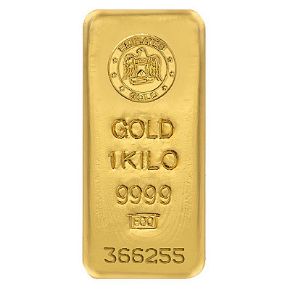
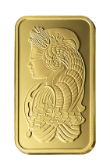
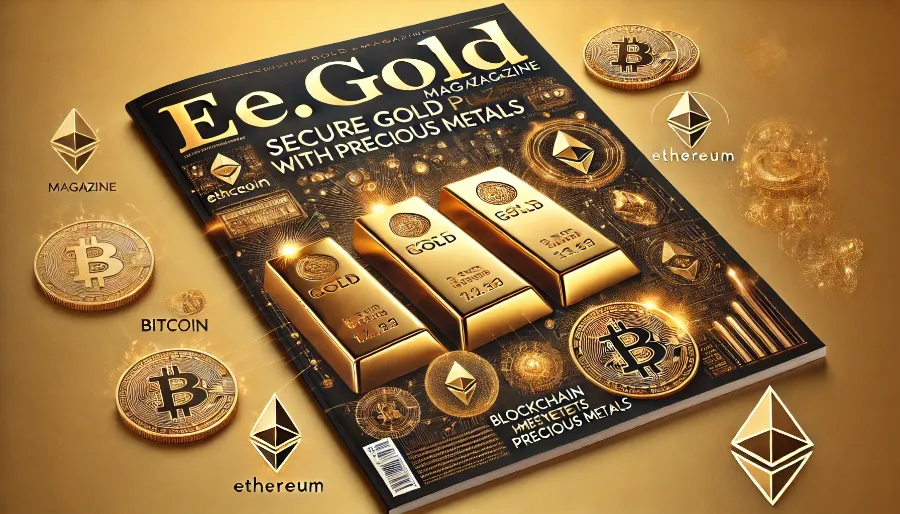
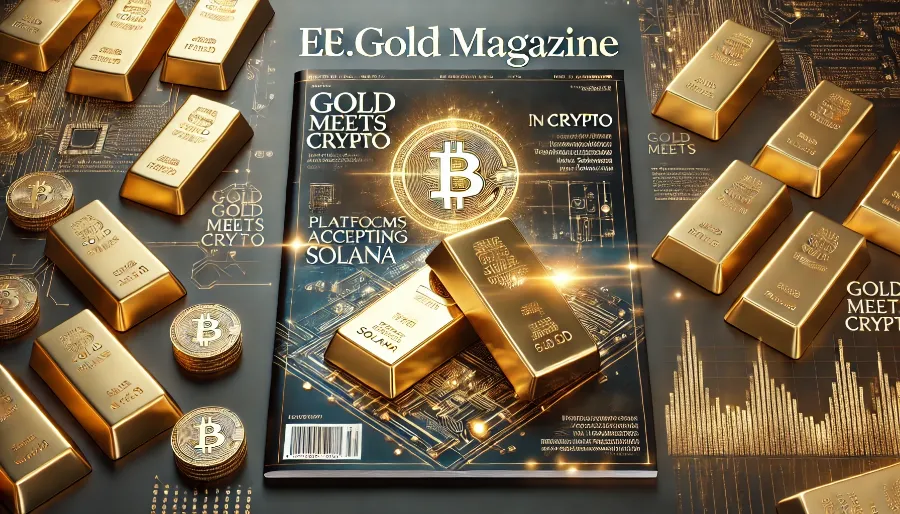
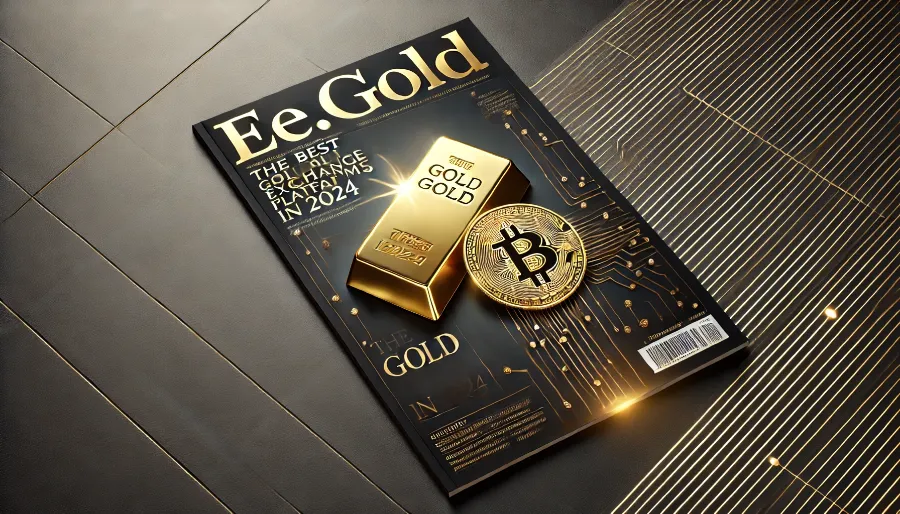
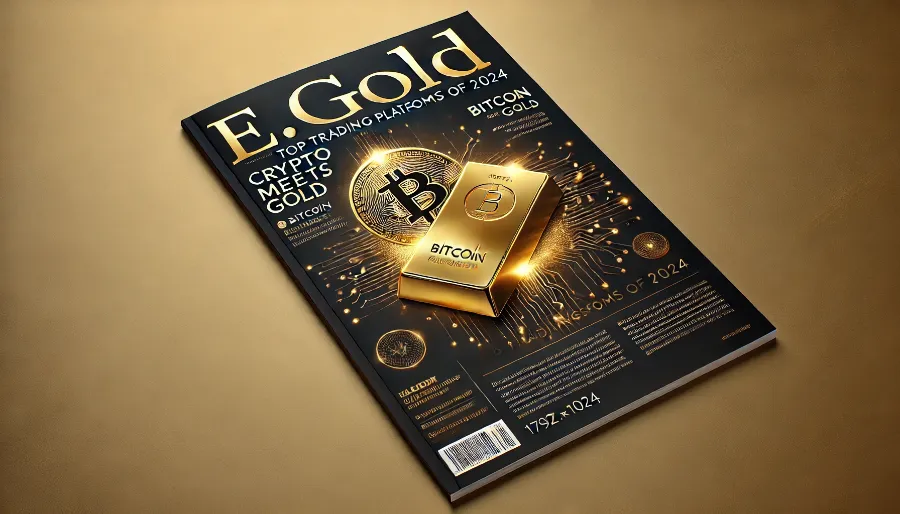
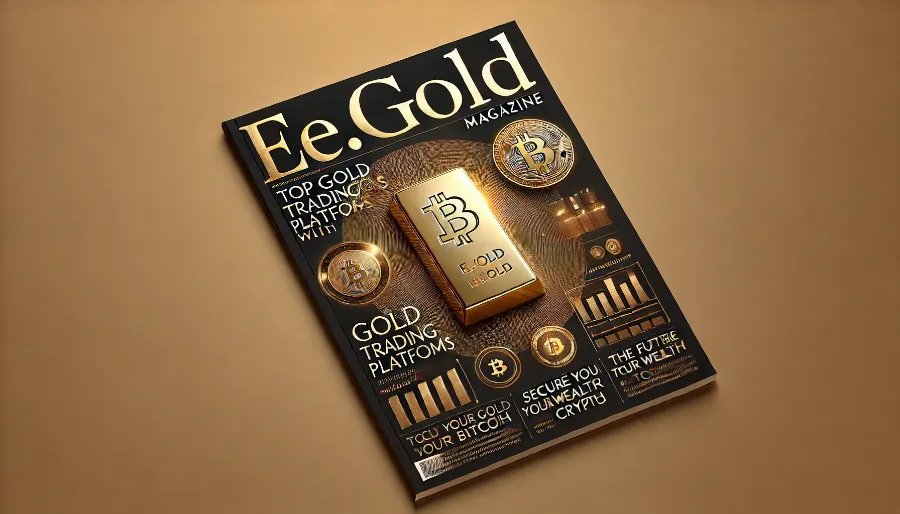
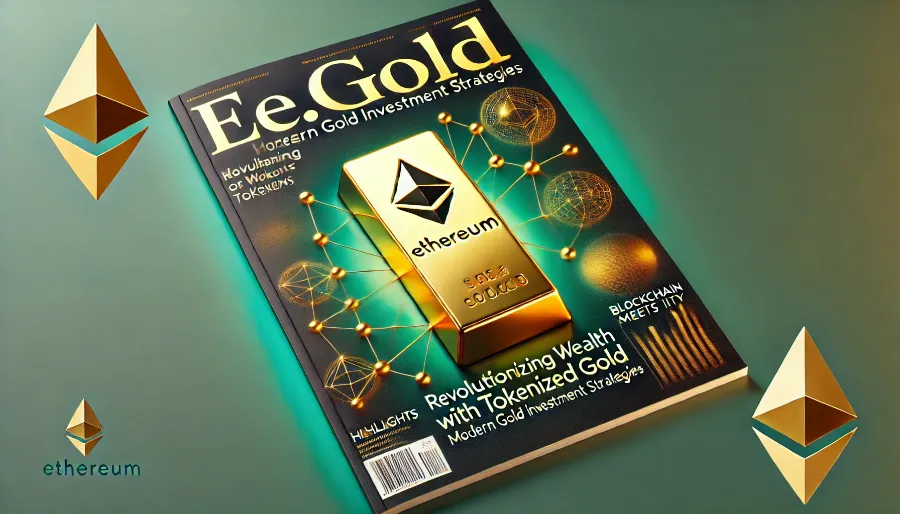
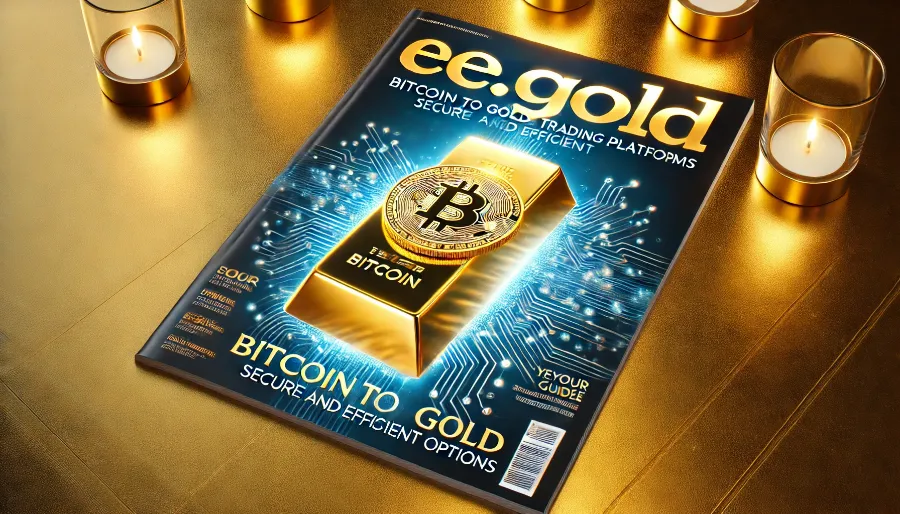

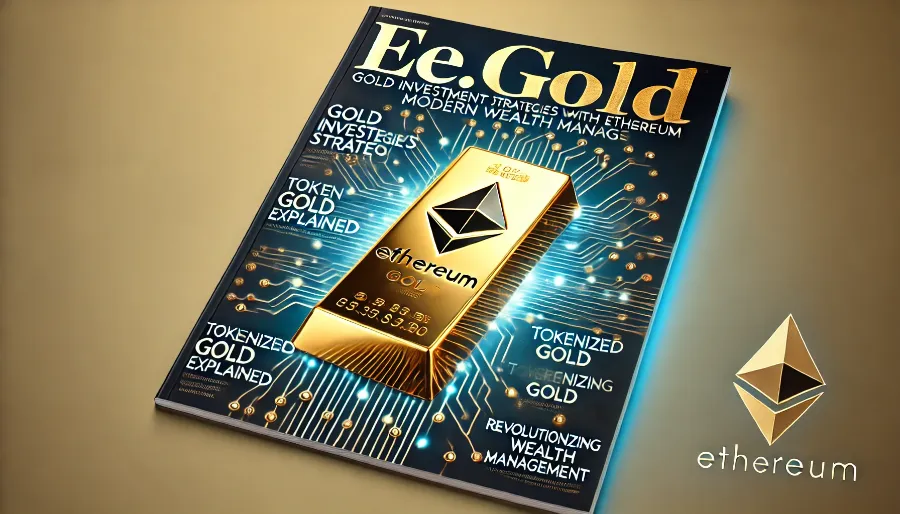
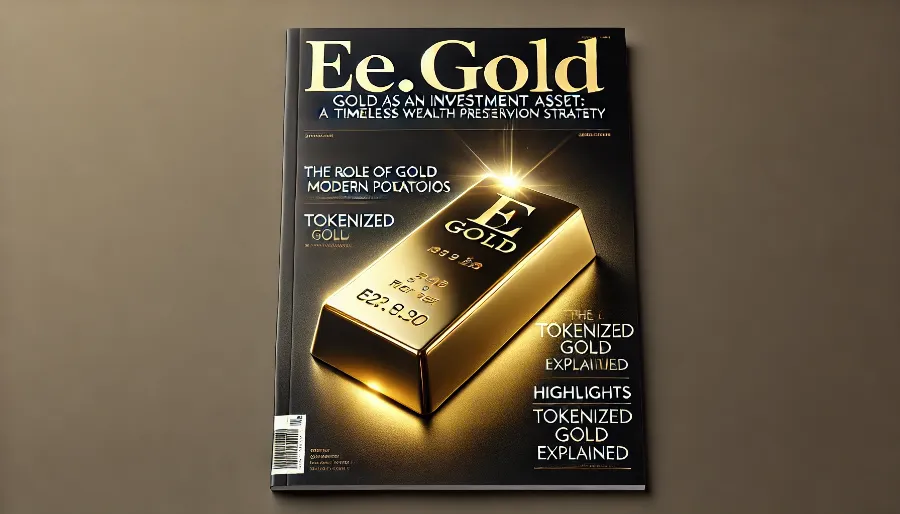


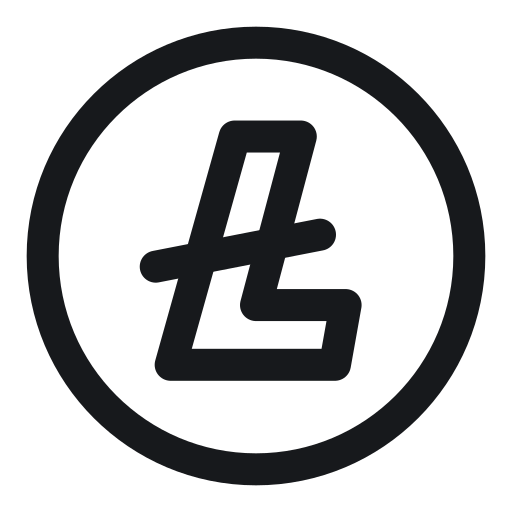
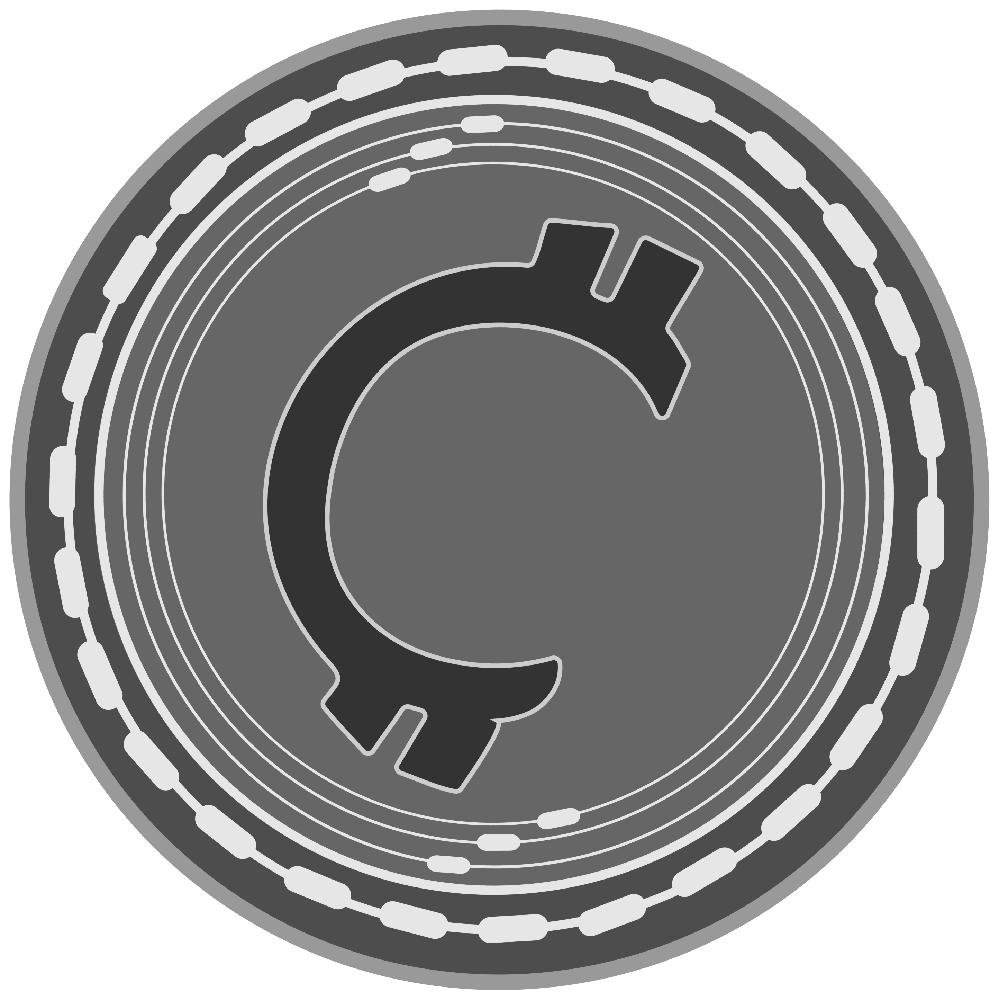
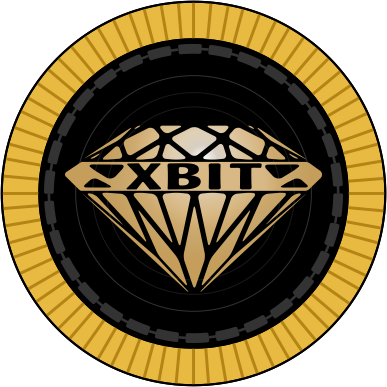
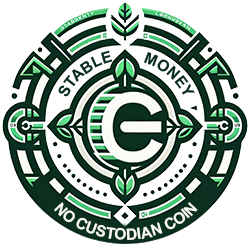

.png)

